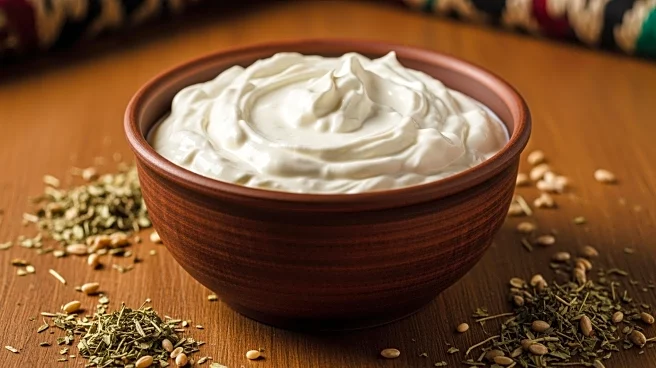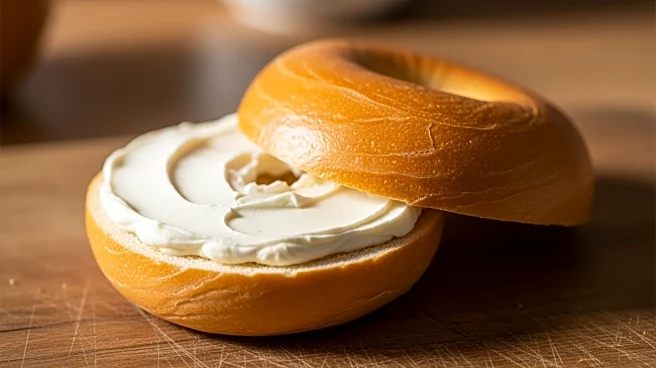Rapid Read • 7 min read
A revolutionary gel treatment has been developed to accelerate the healing of diabetic wounds, targeting the thrombospondin-1 (TSP-1) protein. This protein inhibits new blood vessel growth, which is crucial for wound healing. The gel uses small extracellular vesicles (sEVs) to reduce TSP-1 levels, resulting in a 90% wound closure rate in diabetic mouse models within 12 days. This is a significant improvement compared to the 20% closure rate in untreated cases. The study suggests that combining tissue engineering with molecular biology can lead to effective treatments for chronic wounds associated with diabetes.
AD
Diabetic wounds are a major complication for individuals with diabetes, often leading to severe health issues and increased healthcare costs. The new gel treatment offers a potential breakthrough in wound care, promising faster healing and improved patient outcomes. This advancement could significantly reduce the burden on healthcare systems and improve the quality of life for diabetes patients. As the treatment progresses towards clinical trials, it represents a promising step forward in personalized medicine and innovative healthcare solutions.
The gel treatment is expected to move into clinical trials, where its efficacy and safety will be further evaluated in human patients. If successful, it could become a standard treatment for diabetic wounds, offering a new option for patients and healthcare providers. The development of this treatment highlights the potential for further innovations in wound care and diabetes management.
The success of this gel treatment could pave the way for similar approaches in treating other chronic conditions, emphasizing the role of targeted therapies in modern medicine. It also underscores the importance of interdisciplinary research in developing effective healthcare solutions.
AD
More Stories You Might Enjoy












